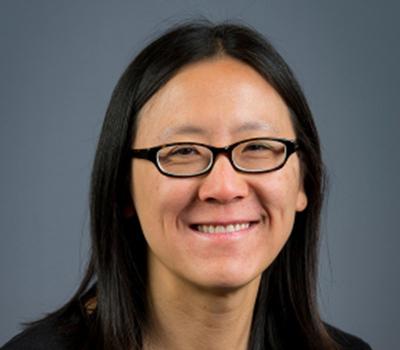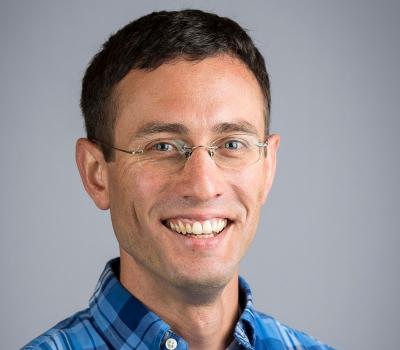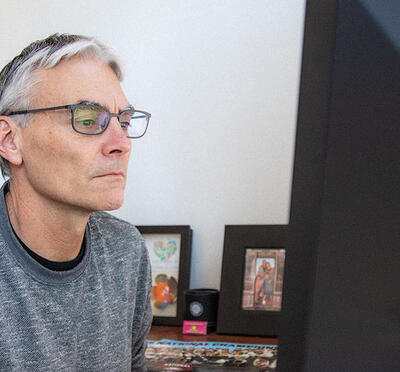Biomedical scholars and industry experts converged on Corvallis for the first-ever Oregon Bioengineering Symposium, hosted by Oregon State on Nov. 22.
The inaugural meeting drew students, faculty, and practitioners from across the state and surrounding region to examine and discuss a broad variety of bioengineering topics. The goal of the meeting was to promote collaboration and exchange of ideas among students, researchers, and practitioners in Oregon and the surrounding region. The symposium — jointly organized by Oregon State, Oregon Health & Science University, and the University of Oregon —was open to all areas of bioengineering, but special emphasis was given to technologies for precision health.
The one-day meeting was the latest in a series of collaborations undertaken by the three state universities as they seek to capitalize on Oregon's combined strengths in the area of biomedical technology. Graduate programs in bioengineering at Oregon State University and biomedical engineering at Oregon Health & Science University, combined with the University of Oregon’s Phil and Penny Knight Campus for Accelerating Scientific Impact, provide bioengineering scholars both breadth and depth in a range of topics, through training in measurement and approaches rooted in data science and computational biology to address unmet clinical needs.
More than 200 participants registered for the symposium.
“I’m very pleased with the turnout,” said Adam Higgins, associate professor of bioengineering in the College of Engineering, who headed up the Oregon State team that hosted the event. “There was great involvement from faculty, students, and industry from across the state and the surrounding region. Several people alerted me to opportunities for new collaborations that came out of this meeting. We hope to build on this success in future meetings.”
Organizers plan to make the symposium an annual event, with the three Oregon universities taking turns hosting the meeting at their location.
Elain Fu, associate professor of bioengineering in the College of Engineering, delivered one of the featured presentations, on “Porous Microfluidic Sensors for Field Use.” Faculty from UO and OHSU delivered additional featured presentations on a variety of biomedical topics.
Industry panels included representatives from a dozen companies and organizations, including Genentech, Thermo Fisher Scientific, Micro Systems Engineering, Acumed, and Juno Therapeutics.
A poster session drew more than 70 participants, including students from the three sponsoring universities, as well as the University of Idaho, the University of Portland and Willamette University. A team from Oregon State tied for first place with a team from Willamette for the best undergraduate poster. Top honors in the graduate division went to a student from the University of Oregon.





